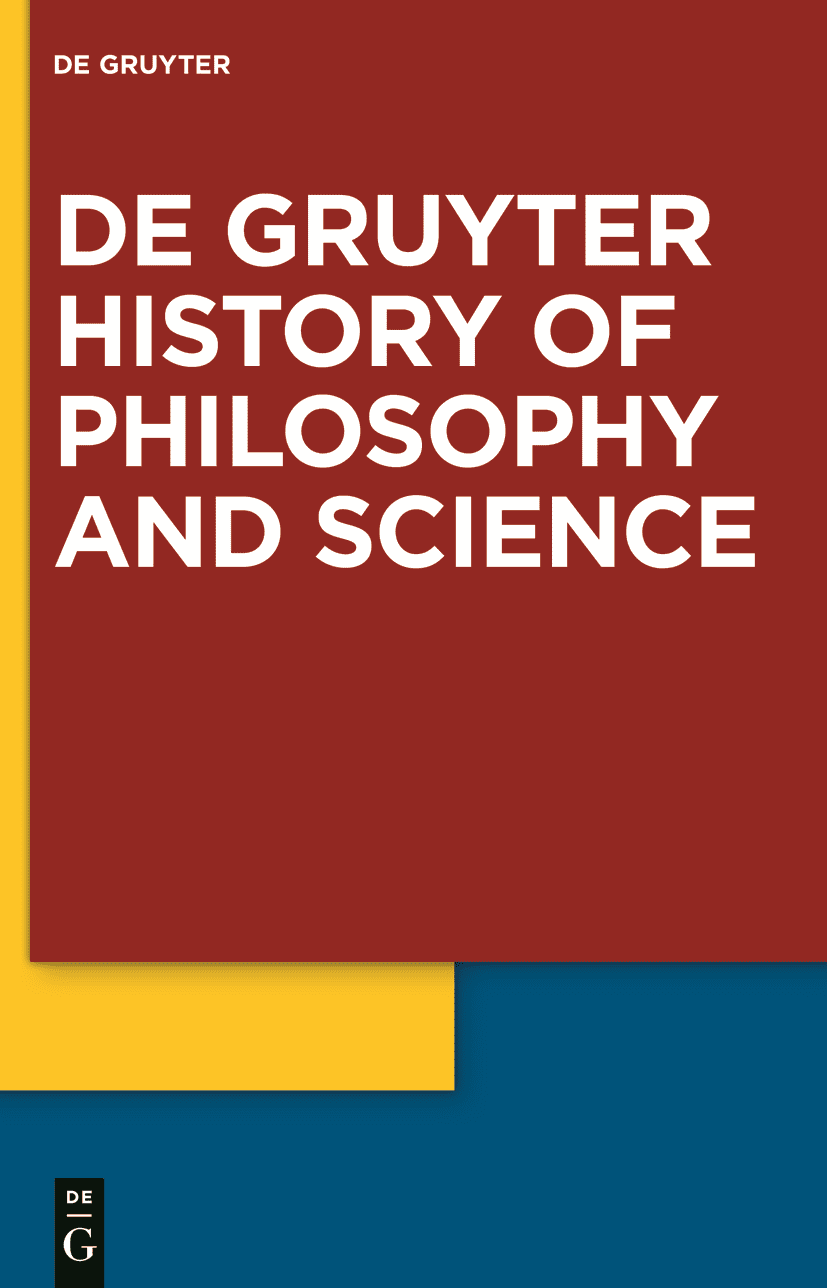Call for Manuscripts: History of Philosophy and Science
We are looking for English-language manuscripts on the history of the engagement between philosophy and science.
The history of philosophy and of science should not be conceived as distinct enterprises, nor are they. There is a plurality of methods in current scholarship for investigating the history of the engagement between philosophy and science. This series will draw on that scholarship to illuminate the development of theories in the physical sciences, the life sciences, the social sciences, and the human sciences, and the connections between them.
“If you would like to submit a proposal or a book manuscript for inclusion in the series, please contact the corresponding editor Lydia Patton (critique@vt.edu).
A historical approach to philosophy and science can explain how theories developed in the way they did. Uncovering the basis for decisions in the history of science can reveal the connections between scientific problems and the methods for their solution, conceptual and material, available at the time. Scientific disagreement can be illuminated by a detailed analysis of the basis of that disagreement.
The history of science is entering into a period of change: histories of the environment and of environmental science, the history of medicine, social histories of the sciences, and history of the scientific approach to development and economics, provide platforms for the analysis, evaluation, and assessment of scientific history as a social and political phenomenon. This aspect always has been a part of the approach of the history of philosophy of science, but a new urgency accompanies their study.
Books in the series focus on history of philosophy in its relationship to science, which will include, of necessity, deep inquiry into the histories of philosophy and of science themselves, in their social, political, and economic aspects.
You are currently viewing a placeholder content from YouTube. To access the actual content, click the button below. Please note that doing so will share data with third-party providers.
Series editors:
Catherine Kendig (Michigan State University, East Lansing, Michigan, USA)
Lydia Patton (Virginia Tech, Blacksburg, Virginia, USA)
Alan Richardson (University of British Columbia, Vancouver, Canada)
Advisory Board:
Candis Callison (University of British Columbia, Vancouver, Canada)
Deborah Coen (Yale University, New Haven, Connecticut, USA)
Heidi Grasswick (Middlebury College, Middlebury, Vermont, USA)
Anthony Kwame Harrison (Virginia Tech, Blacksburg, Virginia, USA)
Catherine Herfeld (University of Zurich, Zurich, Switzerland)
David Ludwig (Wageningen University, Wageningen, Netherlands)
Dana Mahr (University of Geneva, Geneva, Switzerland)
Michela Massimi (University of Edinburgh, Edinburgh, UK)
Carla Nappi (University of Pittsburgh, Pittsburgh, Pennsylvania, USA)
Omar Nasim (University of Regensburg, Regensburg, Germany)
Wendy Parker (Virginia Tech, Blacksburg, Virginia, USA)
Thomas Pradeu (Centre national de la recherche scientifique, France)
Britt Rusert (University of Massachusetts Amherst, Amherst, Massachusetts, USA)
Jutta Schickore (Indiana University Bloomington, Bloomington, Indiana, USA)
Thomas Sturm (Autonomous University of Barcelona, Barcelona, Spain)
Paul Thompson (Michigan State University, East Lansing, Michigan, USA)
Kyle Whyte (University of Michigan, Ann Arbor, Michigan, USA)
Robert A. Wilson (University of Western Australia, Perth, Australia)
[Title image by Nikola Nastasic/iStock/Getty Images Plus]
